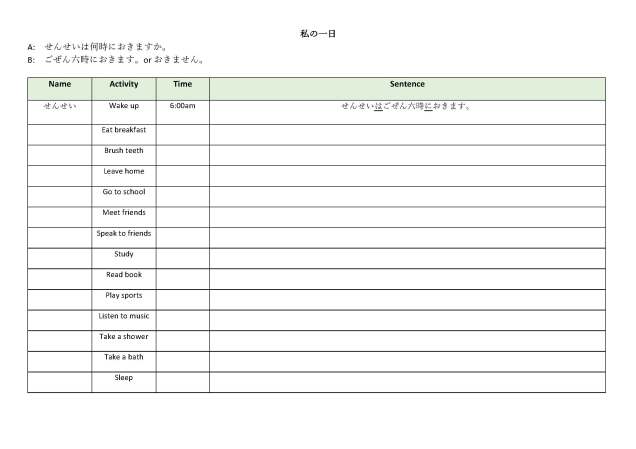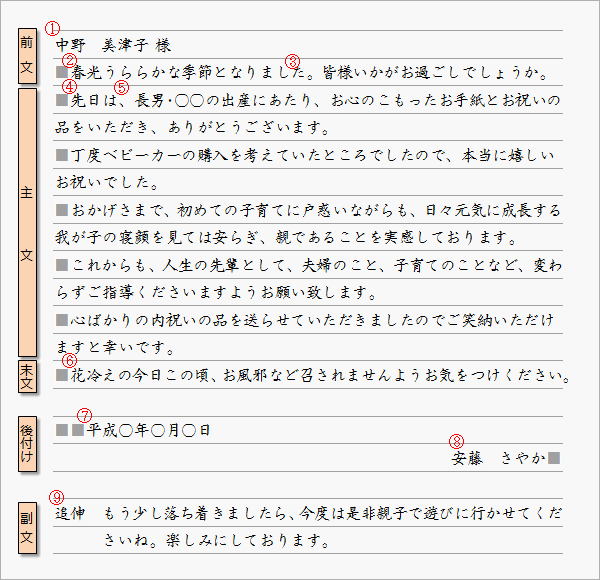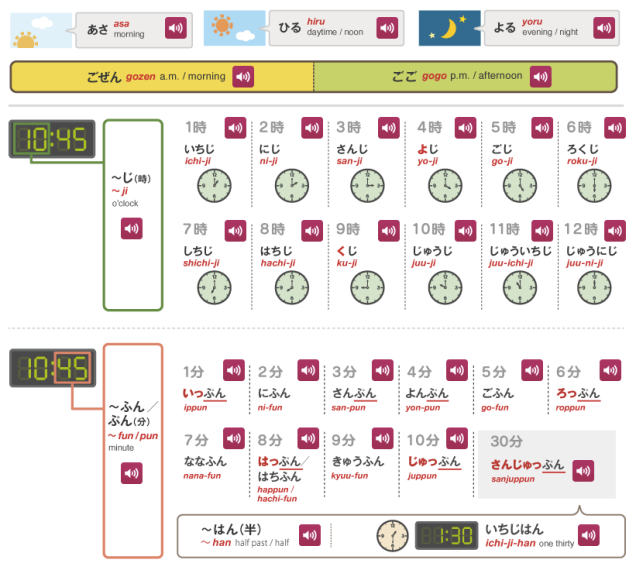Manga cafe
Manga cafes (まんが喫茶, manga kissa, short for manga kissaten) are establishments where visitors can read from an extensive library of manga (Japanese comics). They also provide computers with internet access, making them synonymous with internet cafes. Furthermore, manga kissa have become a popular low budget accommodation option as many of them are open 24 hours and offer amenities such as showers and free drinks for as little as 1500 yen per night. Some manga kissa offer women-only sections.
Manga kissa can be found in most cities across Japan. Many are located in side streets close to train stations. Big cities such as Tokyo and Osaka have a large number of such establishments. However, without Japanese reading skills it can be difficult to identify a manga kissa as many do not have English signs and they are not usually located at street level, but on a higher floor in a multi-storey building.
Japan-Guide.com
https://www.japan-guide.com/e/e2025_manga_kissa.html











